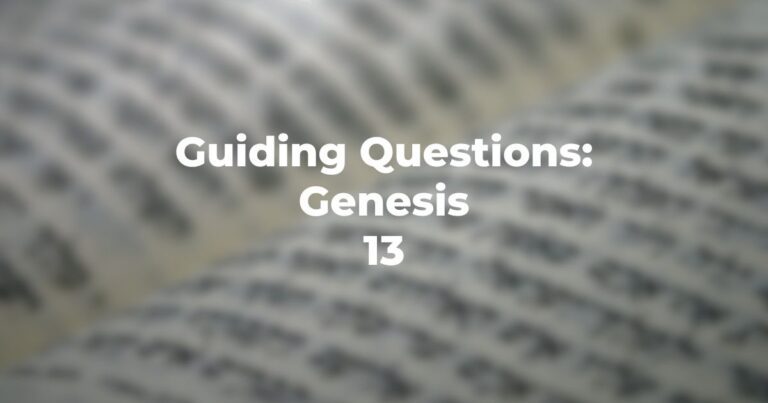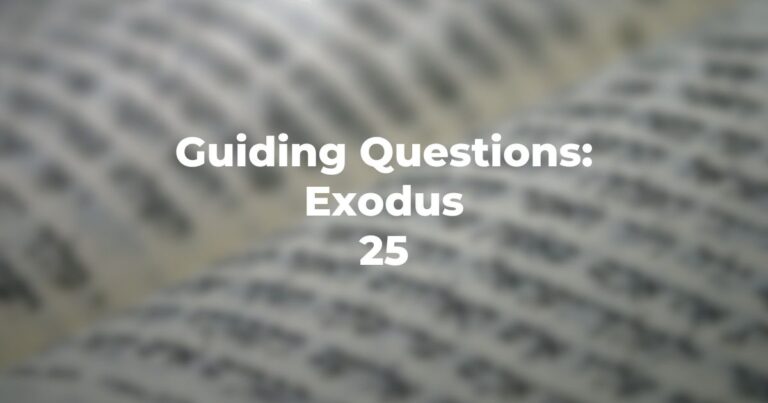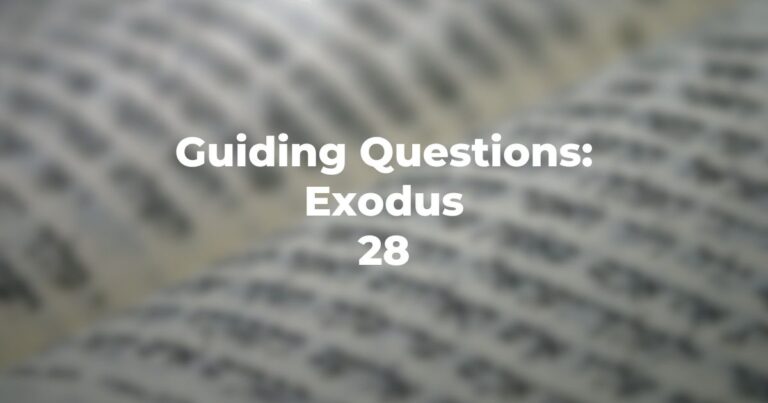- To whom would advice seem to be given in Psalms 37?
- What is the essential reliance of the sensible man, upon himself or upon God?
- Would Psalms 37:5 indicate that human action is really not called for?
- Does prosperity (Psalms 37:7) necessarily presuppose goodness and the favor of the Lord?
- According to Psalms 37:11 who, especially, will be selected by God?
- Would Psalms 37:16 imply that poverty or lack is a “blessing” or is it a comparative statement — comparing the righteous to the wicked?
- In Psalms 37:21 what is described as one of the characteristics of the righteous?
- In the Birkat Hamazon, Psalms 37:25 is cited at the end of the Tefillah; why would it be particularly appropriate?
- And, why is it that some, saying the Birkat Hamazon, will leave out this particular verse?
- Psalms 37:11 indicated that the lowly will inherit the land; what is the opinion expressed in Psalms 37:29 — and could both verses be saying the same thing?
- In Psalms 37:34-38 what is described as the ultimate lot of the wicked and that of the righteous?
- From a personal point of view, would it appear that the writer — speaker of this Psalm has been “rescued” from some trial (or trials)?
Author
-

Exploring Judaism is the digital home for Conservative/Masorti Judaism, embracing the beauty and complexity of Judaism, and our personal search for meaning, learning, and connecting. Our goal is to create content based on three core framing: Meaning-Making (Why?), Practical Living (How?), and Explainers (What?).
View all posts





